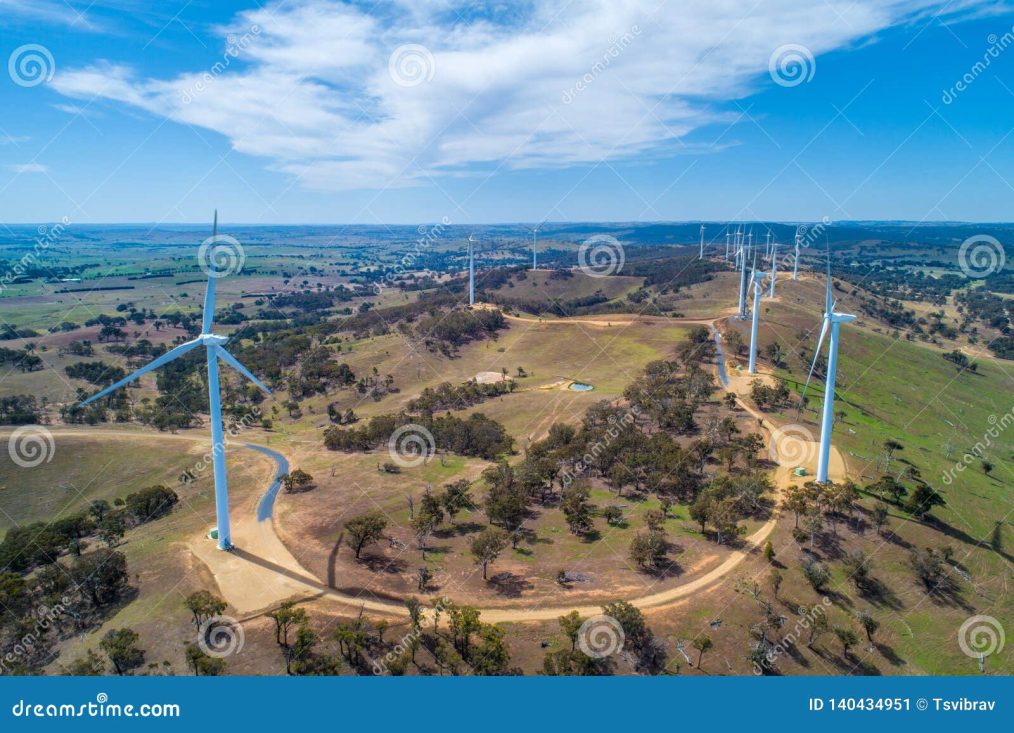
Sustained Reliable Power: Is Labor Playing with Fire on Nuclear Energy?
ABC News
The Coalition’s most ardent advocate for nuclear energy, Ted O’Brien, has seized his role as deputy chair of the House Select Committee on Nuclear Energy to challenge Australia’s prevailing energy narrative. This Labor-led inquiry into nuclear power—an area the federal government has long opposed—could inadvertently bolster the Coalition’s case for a reliable, long-term energy solution.
This week in Melbourne, the committee continued its hearings, aiming to probe the potential role of nuclear power in Australia’s energy future. But for all its intended scrutiny, the inquiry risks becoming a political misstep for Labor. By opening the door to serious discussions about nuclear energy, the government may have unintentionally given nuclear proponents a national platform to articulate the limitations of renewable energy systems reliant on wind and solar.
The committee features four Labor MPs, two Coalition members, including O’Brien, and one independent. The hearings, hosted in towns like Biloela, Traralgon, and Port Augusta—regions deeply tied to coal power—have been largely civil and informative. Regional mayors have described the sessions as balanced, with voices on both sides of the debate presenting their case.
Proponents argue that nuclear energy provides reliable, low-emissions, baseload power crucial for an industrialized nation like Australia. Opponents, meanwhile, criticize the Coalition’s plan as costly, slow to implement, and a distraction from renewables.
However, the hearings have revealed unexpected public sentiments. In Biloela, community frustrations were directed more at the sprawling wind and solar farms changing local landscapes than at nuclear energy itself. Such discontent could undermine Labor’s renewable energy agenda, highlighting a disconnect between national policy and regional priorities.
Labor’s strategy seems designed to expose perceived flaws in the Coalition’s nuclear ambitions. Yet, by facilitating these discussions, they have brought nuclear energy into mainstream political discourse, with the potential to shift public opinion. For some, the idea of replacing coal-fired power stations with nuclear plants holds appeal as a way to preserve jobs, ensure energy reliability, and maintain industrial activity.
Labor MP Graham Perrett, a member of the committee, expressed scepticism about nuclear energy’s feasibility and waste management. However, even he was struck by the polarized interpretations of the same evidence during hearings. This division reflects the broader debate about Australia’s energy future: should the country double down on renewables, or is it time to consider alternatives like nuclear power?
The inquiry underscores the complex and highly politicized nature of energy policy in Australia. While Labor’s renewable energy plans promise rapid deployment, critics argue they lack the reliability needed to sustain an industrial economy. The Coalition’s nuclear proposal, though untested and costly, offers a potential long-term solution to Australia’s energy reliability issues.
In towns where energy literacy is high, such as Traralgon and the La Trobe Valley, the promise of nuclear is being met with curiosity, not outright opposition. This opens a door for nuclear advocates to frame their proposal as a pragmatic response to the energy transition.
The nuclear energy inquiry has inadvertently amplified the Coalition’s case for sustained, reliable power. If Labor cannot convincingly address growing public concerns over the scalability and impact of renewables, they risk handing the Coalition a powerful narrative: that nuclear energy is the only viable alternative to coal for a prosperous, low-emissions future. In this high-stakes debate, Labor’s inquiry may prove to be its own political “own goal.”




